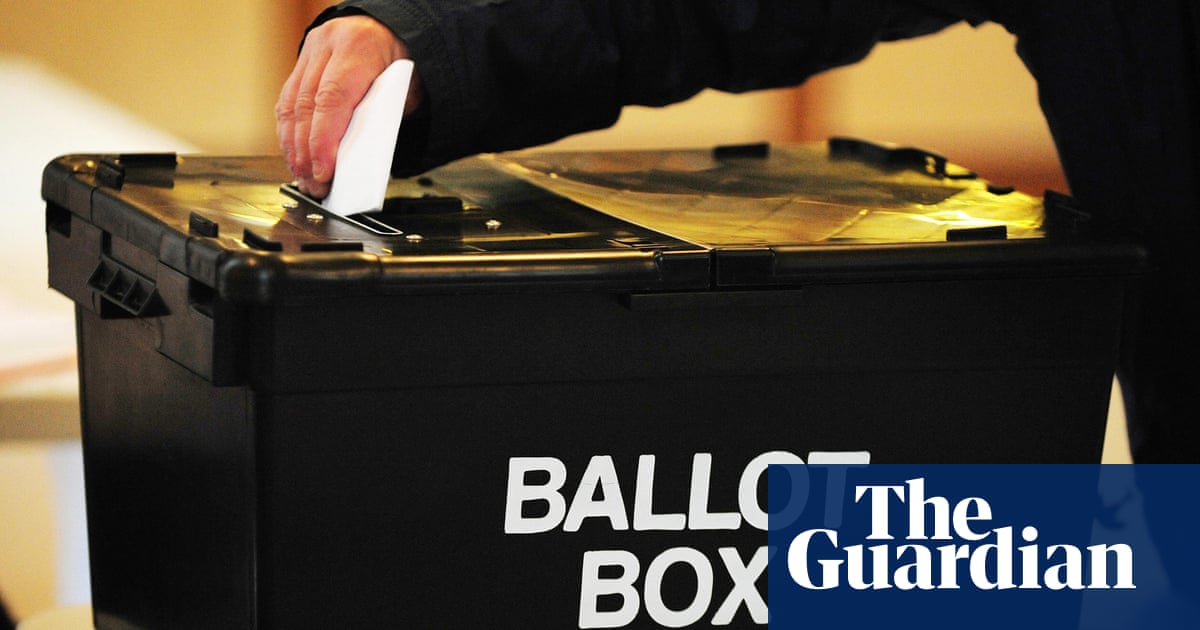Hello, and welcome to TechScape. Happy belated Thanksgiving to my American readers, and I hope everyone enjoys a good holiday party this weekend. I’m excited to bake Grittibänz for the Feast of St Nicholas. This week in tech: Australia incites a panic, Bluesky poses the question of custom feeds, and the online things that brought me joy on holiday.
On Thursday, Australia passed a law banning children under 16 from social networks.
My colleague Helen Sullivan reports from Sydney:
The online safety amendment (social media minimum age) bill bans social media platforms from allowing users under 16 to access their services, threatening companies with fines of up to AU$50m (US$32m) if they fail to comply. However, it contains no details about how it will work, only that the companies will be expected to take reasonable steps to ensure users are aged 16 or over. The detail will come later, through the completion of a trial of age-assurance technology in mid-2025. The bill won’t come into force for another 12 months.
The bill also does not specify which companies the legislation would apply to, though communications minister Michelle Rowland has said that Snapchat, TikTok, X, Instagram, Reddit and Facebook are likely to be part of the ban. YouTube will not be included because of its “significant” educational purpose, she said.
The new law was drafted in response to what the Labor prime minister, Anthony Albanese, says is a “clear, causal link between the rise of social media and the harm [to] the mental health of young Australians”.
Get the full story here.
***
Objections to the law are vigorous and multifold.
TikTok, Facebook, Snapchat, Instagram and X are mad. In response to the legislation’s passage, Meta said the process was “rushed” and failed to consider the voices of young people, the measures the tech industry already takes to protect them, and existing evidence about the effects of their social media use.
Australian children are not a significant user base to any of these companies. According to Unicef, 5.7 million people under 18 were living in Australia in 2023. Facebook reported 3 billion monthly users in May 2023. India is home to some 370 million Facebook users. Even if every child in Australia left social media – unlikely – user numbers would not meaningfully decline.
If every country in the world boots its young people from social media, social media companies would face an uncertain future
The worry for tech companies is the precedent set by the new law. The tech companies also strenuously opposed measures in both Australia and Canada that required them to pay for news content. The problem was not the amount of money demanded but what might follow; if every country in the world required payment for news, the financial burden saddling Facebook and others would be enormous, as would the responsibility of determining what constitutes news. If every country in the world boots its young people from social media, social media companies would face an uncertain future. Their pipelines of incoming users would dry up.
What the tech companies would prefer to see in Australia is a measure that requires parental consent, which is a much more nebulous standard and one that divides responsibility between the company and its users. Meta and others mounted much less energetic opposition to a 2023 measure passed in France that requires parents to approve accounts for children under 15 than they did to the new Australian law. In an ominous sign for the Australian measure, though, local French media say that technical challenges mean the under-15 provision has yet to be enforced. And do parental consent features work? Data from several European countries say otherwise. Meta’s own Nick Clegg has said that, per the company’s data, parents don’t use parental control measures on social networks.
The Australian law shows that any country could really do it. We have seen one country’s laws tilt the global governance of social networks before: the United States imposed a minimum age of 13 for social media users with a law governing children’s privacy passed in 2000, which has become the standard around the world by dint of the social networks’ privacy policies.
Read more on how Australia’s social media ban compares to laws in other countries.

The question of control over social feeds reared its head repeatedly last week. Bluesky is continuing its ascent. One of the upstart social network’s main promises is customization options for the content users see in their feeds. The site’s management puts it thus: “Users choose their own timelines, whether it’s an algorithmic For You page or a feed of entirely cat photos.” As of last week, that pledge had drawn 22 million users.
Over on X, my personal algorithm feels tuned to boost the poster-in-chief, Elon Musk, and his new sidekick Vivek Ramaswamy. They tweet so much that there isn’t much room for the news. I see fewer and fewer tweets with news articles, and others have complained of similar experiences. Musk’s advice: just deal with it. When the venture capitalist Paul Graham complained that X deprioritized tweets with links in them, Musk responded: “Just write a description in the main post and put the link in the reply. This just stops lazy linking.”
after newsletter promotion
Threads, Meta’s X/Twitter competitor, is testing out options for users’ default feeds: the algorithmic For You feed, which is the current default; a feed of only posts from the accounts you follow; or a custom feed designed by you. You can choose any one as the feed that appears when you open the app. In the past, Meta’s managers have said that users overwhelmingly prefer curated feeds, however much they may complain they don’t see enough from the people they follow. Mark Zuckerberg said he’s “interested to see how and if people use this”.
This week on my iPhone

My birthday is this week, and I was off work for the Thanksgiving holiday for most of last week. In the spirit of joy, what follows are a few online things I consumed last week that made me happy as well as a bit about why:
Ridiculous cocktail recipes: Cocktail recipes have been slower to develop a distinct online aesthetic than food recipes. There’s not as much to write about the process of sloshing some vodka around with ice as there is about how best to temper chocolate. Not as many people drink alcohol as eat food. However, food and beverage blogging has shifted to short-form video with TikTok and Instagram Reels, and watching sublime liquids pour into one another makes for a great clip. Cocktail recipes are enjoying a boom.
First, there were the videos on how to make the classics. How to order a martini, for example. After those saturated the feeds and the search results, cocktail influencers needed to get creative to stand out. As has happened with the bizarre foods we can’t stop watching, cocktails have become crazy. A gravy margarita, a snow globe cocktail, a “tapeworm shot”, a pour-over spicy pepperoncini martini, wine pie. Watching the revolting, enthralling creation of a French onion soup martini pairs well with a normal martini enjoyed at home. I also made the pepperoncini one, sans the pour-over apparatus, and loved it.
Glicked: Another dual movie release when the “two genders” meme comes comically to life. May Barbenheimer never die. A thrilling week at the movies for the heterosexual couple in your life. His and hers cinema. Both fun, gripping films, but I preferred Wicked, mostly for the movie but also for the memes. They were inescapable and hilarious. There’s the boyfriend’s guide to Wicked, the skeptical take on Wicked, and the skeptical boyfriend before and after seeing Wicked.
Gossip podcasts: The podcasting medium’s secret sauce – intimate, inviting chemistry between friendly hosts – is most at home when two friends are enjoying a bit of chatter about the messy affairs of others. Whether it’s the celebrity variety or the everyday-people flavor of gossip, I’m in for a penny, in for a pound. I’ve been binging Who? Weekly and Normal Gossip.
Decreasing my IQ: The Oxford University Press has named the word of the year for 2024: “brain rot”, defined as: “Supposed deterioration of a person’s mental or intellectual state, especially viewed as the result of overconsumption of material (now particularly online content) considered to be trivial or unchallenging.”
A new tech podcast: Pixel Perfect. Three sharp Chinese journalists discuss tech news and trends at the intersection of the US and China. Two of their first questions: “Have webnovels become high culture?” and “What’s NOT on Xiaohongshu?”
The wider TechScape
-
Tesla owners turn against Musk: ‘I’m embarrassed driving this car around’
-
Why I regret using 23andMe: I gave up my DNA just to find out I’m British
-
The best Black Friday deals on the products we love: Apple, clothes steamers and the Always Pan
-
‘His Facebook was a shrine to my face’: the day I caught my catfish

.png) 1 month ago
15
1 month ago
15













































